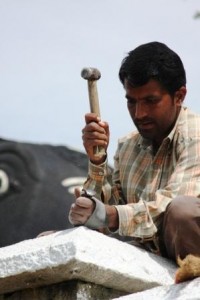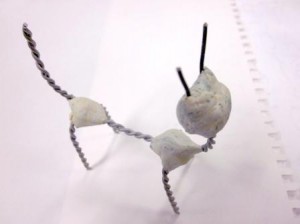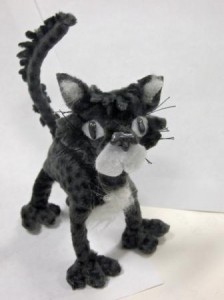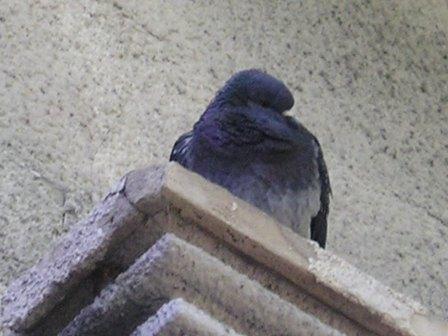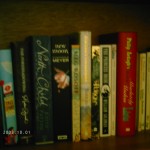 When you start a novel – where do you begin? Assuming you’ve done all your research and your thinking, how do you set about it?
When you start a novel – where do you begin? Assuming you’ve done all your research and your thinking, how do you set about it?
I think there are two main approaches: Character-Led and Plot-Driven
Every block of stone has a statue inside it and it is the task of the sculptor to discover it.
Michelangelo
This mysterious process is how the Character-Led writer works it seems to me. They know who’s inside their imagination, set them free and follow their adventures.These authors see action and hear dialogue – and then record what occurs. Marvellous stuff.(Meg Rossoff, I mean you.)
But what if you make a mistake? If the chisel slips? If you find what the protagonist does on page 136 means you have to change pages 97, 43 & 25 and that means Chapter 3 is a bit dodgy too. Rather like sorting out a Sudoku when you write the wrong answer and only realise three entries further on. My puny little brain can’t hold all that in, but clearly some writers can.
Now for the other sort: Plot-Driven.
This seems to me like creating an armature when sculpting. You focus on getting the underlying structure to work first.
It might not much look much to start with but it gives shape to the finished work. You add more and more layers to create the final piece. And these are relatively easy to change. A small adjustment can make a big difference in characterisation – think of manipulating millimetres of Plasticine in Gromit’s face.
Of course, you can make your own frameworks. You don’t have to follow some pre-made thing like a Paint-Your-Own-Gnome set. It was fascinating to see how Marcus Sedgwick devised the structures for his novels on the SCBWI-BI retreat at Dunford House. He said he found that though some decisions seemed arbitrary at the time, the finished book showed them to be entirely right.
Not everyone feels confident about creating their own from scratch: there’s nothing wrong with using a tried & tested form and adapting it to your own needs. ‘Cinderella’ becomes ‘Pretty Woman’, ‘Romeo and Juliet’ becomes ‘West Side Story’. It’s a long and honourable tradition.
I think you can tell which I go for.
One final thought: my perception is that many women writers can do the character-led thing, indeed prefer it, whereas male writers tend to favour the plot-driven approach ( and ex-tomboys like me). Is this imagined or real?

